
“Staying Relevant Is So Difficult”: “Glossy” Author Marisa Meltzer On Glossier’s Climb, Comedown And Possible Comeback
In recent months and years, Glossier has largely been written off as a dinosaur of the gilded age of direct-to-consumer distribution. Last year, it laid off over 80 employees, and its vaunted founder Emily Weiss stepped down as CEO. Other executives have left to explore new endeavors (ex-CMO Ali Weiss is at baby rental startup Loop, ex-VP of brand development Annie Kreighbaum is at the brand Soft Services, ex-president Henry Davis is at e-commerce platform Chord, and ex-CTO Bryan Mahoney joined Davis at Chord). In a 2022 article entitled, “How Glossier Lost Its Grip,” the publication Business of Fashion cited Bloomberg Second Measure data showing Glossier’s sales had dipped 26%.
Along with the bursting of the DTC boom, Glossier’s struggles were instigated by internal problems. Glossier Play, a makeup offshoot launched in 2019, was a bust. The brand has been criticized for paying too much attention to technology over merchandise, and it shelved a proprietary app that sucked up resources. In the wake of George Floyd’s murder in 2020, Glossier apologized to retail workers amid allegations of racism. Still, it managed to secure a $80 million series E round in 2021 at a valuation of $1.8 billion. In total, the brand has raised $266.4 million in funding.
But there’s perhaps nothing that puts the bloom back on the rose better than a comeback. The brand has embarked on a new chapter with a new target audience, new leadership (Kyle Leahy, former chief commercial officer, is now CEO), new distribution (it’s embraced the novel idea that Sephora is an advantageous retail partner) and new inclusive merchandise. Journalist Marisa Meltzer isn’t sure if all the changes amount to long-term success. The author of “Glossy: Ambition, Beauty, and the Inside Story of Emily Weiss’s Glossier” says, “We need a few more years to really see what happens.”
Ahead, we chat with Meltzer about her views of the beauty industry, what indie beauty brand founders should learn from Glossier’s mistakes, and whether Weiss’s rise should be attributed to the connections and accommodations afforded to rich, well-connected people or true entrepreneurial gifts.
You initially thought “Glossy” would have a larger narrative about the beauty industry. What you were hoping to tell with that story?
It was actually a lot of the same general takeaways and information that ended up in the book. The change was more about how I told it. I’ve reported on beauty for a long time and was starting to realize that some of the things that were obvious to me about the power and influence of beauty had not necessarily trickled down to the public in maybe the way that fashion had. Beauty itself was having this moment, especially during the pandemic, where it felt more important than fashion, and skincare routines were really taking off.
My idea was to write about the industry through the lens of a few different brands: A brand that was just starting out, maybe a celebrity lead brand or a brand that was a clean brand. Glossier was always going to be the central thread because I reported on them a lot, and they were the brand that kind of encapsulated everything. I very quickly realized that the story of Glossier was dwarfing anything else, and that I should get out of my own way and let it be about Glossier, which also let me touch on everything I wanted to talk about. It gave the book more storytelling and momentum.
Were you writing the book when the news about Glossy’s reported stumbles were circulating in 2022?
I started working on the idea for the book proposal and a lot of back and forth with my agent probably around summer 2020. I sold the book in winter 2021 and basically was forced to stop reporting in late February of this year so it could come out, but I kept being like, no, I can’t be locked in until I see it to the end or the new beginning depending on how you look at it.
I was done with my first or maybe second draft around the time that Emily Weiss stepped down [as CEO]. It was such a developing story that, even if I was done with a draft then in summer 2022, I was still sitting for interviews with her and reporting on everything until February of 2023.
It’s hard for a book like this that’s about a brand that’s very much still around and having launches. They could very well have gone out of business, sold or all kinds of things could have happened between the time the book goes to copy editing, printing and when it comes out. There is a certain amount of diving into the unknown when you’re doing a book version.
But also I think it’s important to write books about companies that are current and making sense of that. The companies that have books like that written about them tend to be very male or tech bros or stories like “Bad Blood” that’s about actual criminal behavior. It was exciting to me, even if it was a very stressful pace and a lot of unknowns, to cover a brand that was marketed towards women and founded by a woman and one that I had used a lot of their products and followed since before they even came out.
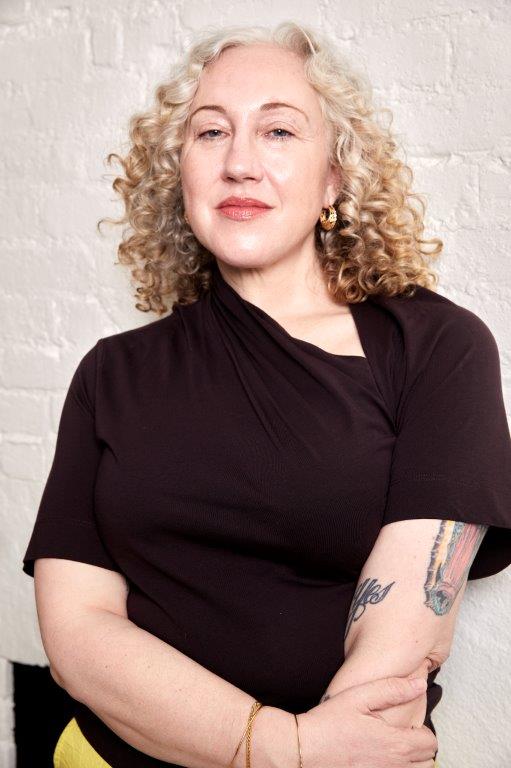
Do you think the brand is on a better path now?
This is kind of a boring answer, but I think it remains to be seen. They definitely have tried really hard, and probably pretty effectively, at selling their reintroduction of, “We are no longer a tech company and now we’re going into retail partners and we have new leadership.” That’s a good narrative, and I believe the brand still has vitality. Anecdotally from going to the stores and some of the Sephora locations, they seem to be crowded. They seem to be selling well, but I think that we need a few more years to really see what happens.
It’s a really crowded market. They’re facing a lot of challenges that they didn’t necessarily have a few years ago. All of this is happening in such a short amount of time. Into The Gloss launched in 2010, Glossier came out in fall 2014, they were worth a billion dollars just a few years later. They had plateaus and downfalls a year or two after that. It’s such an accelerated lifespan.
If you hear from Kyle Leahy, the new CEO, she’s very fond of saying things like, “We’re in the ninth year of a hundred-year brand,” but I don’t know if that’s true. It’s hard to know if Glossier will be a heritage brand. I think it will probably be acquired and then it will be interesting to see what the parent company decides to do with them.
What will it take for Glossier to reach that 100-year mark?
Staying relevant is so difficult. I do think that their challenge is growing their audience and name recognition because they have a very online fan base. They’ve had pop-ups in a lot of cities, but pretty major American cities, and they were short-lived, and there haven’t been so many post-pandemic.
There is a really large audience of potential Glossier customers that probably have never seen it in person, so hopefully Sephora can help grow that or whatever other plans they have. So ,it’s seeing if Glossier can expand in the U.S., let alone have any kind of presence in huge markets in Latin America, Europe and Asia.
The other big challenge is product development. Glossier has never really made its bet on just pure innovation or science, which is fine. That’s not the brand that they are or want to be, but they do need to have that excitement of a product that people buy and love and buy again like their Boy Brow or Milky Jelly Cleanser.
The last year or two they’ve been iterating or scaling some of the current products like the set of You and some body products are now available in deodorants and candles. A couple weeks ago, they launched their first full-coverage foundation, but there hasn’t been a lot of new products. There used to be something new and exciting that came out every couple of six weeks or at least it felt that way. I think they really need to get back on track in that sense.
How would you describe the current state of the beauty industry?
I mean crowded for sure, but I think that there’s more space for diversity, and I’m actually not talking about gender or race or class diversity because that’s a lot harder to know if there actually is more space for that. I mean more like you can be someone who wants a simple skincare routine, and you can find a brand that really speaks to you. You can want a highly contoured professional look or line, and you can find that. There’s also that 1% who might want all of those things. I think there’s less of a binary or strictly trend-based of, now it’s all about skincare, now it’s all about makeup.
“It would be pretty hard to echo Glossier at this point.”
Do you think it’s possible today for indie beauty brands to follow in Glossier’s footsteps?
It would be pretty hard to echo Glossier at this point. I think that it would have to be something like Aesop that got acquired for so much money, partly because they have a huge presence in the Asia Pacific market. They have a lot of masculine or male-identified customers because they sell so much hand wash, even though all beauty products are things that are a very easy sell for guys.
The brand would have to have these real inroads and certain niches or markets that are hard to get into to really prove that they have value and are worthy of that huge amount of funding. I don’t think that it’s easy. I do hope that getting money for companies founded and led by women and making products that are supposedly marketed towards women becomes easier, but the statistics aren’t all that great.
Weiss is a major part of Glossier’s success. How important do you think a founder’s story and background is to a beauty brand’s success today?
Emily did play a huge role, but then she also didn’t want the company to be called Emily Weiss. She was never the model or face of it. She was always really happy when people didn’t associate her with the brand. So, even though she was behind it in terms of leadership and her ideas, it wasn’t her face.
Especially with these celebrity brands that are seemingly introduced weekly or daily, it’s hard to know what kind of involvement these founders have, if they’re really obsessed with beauty and developing products or if it’s just Kylie Jenner doing a photo shoot with a white lab coat and they’re glorified spokespeople. I do think that there was something realistic about the way that Emily played her role in Glossier that it’s hard to see sometimes these days or hard to analyze or pick apart or know what the truth is.
What should brand founders learn from Glossier’s stumbles?
What Emily did well, especially at first, was know what she was good at, but also hiring some of the best people, even if their backgrounds were a little orthodox, to build a dream team. She hired Alexis Page from MAC to develop some of their first products and those are some of their bestselling products. Annie Kreighbaum had been at Into the Gloss and was a great writer and turned out to also be really good at making products.
Eva Alt, who was a former professional ballet dancer and an assistant, turned out to be a total genius when it came to social media. That kind of trust in hiring people and letting them be good at their jobs I think is really, really important to Glossier’s success. Emily is often given credit because it’s easier to credit one person who is the founder and CEO, when really, even if it’s a small team, it’s a team effort.
Similarly, that was a fumble because as the company grew, and it went from five people to a dozen to 50 to 200, and you’re trying to scale the brand and manage so many things, I think she had a hard time delegating and maybe giving up some of that power and oversight, even if she was spending a lot of money to recruit people away from Silicon Valley to oversee operations or tech departments.
One of the reasons I think that she ultimately had to step down was that she wasn’t able to find that trusted second-in-command person, and let them do what they were good at and take some things off of her plate. She hadn’t gone to business school and didn’t have a specialty in supply chain, or she didn’t have a degree that made her a cosmetic chemist. And that’s OK. You don’t need any of those things to be a great founder or CEO, but you do need to let those people do what they’re good at.
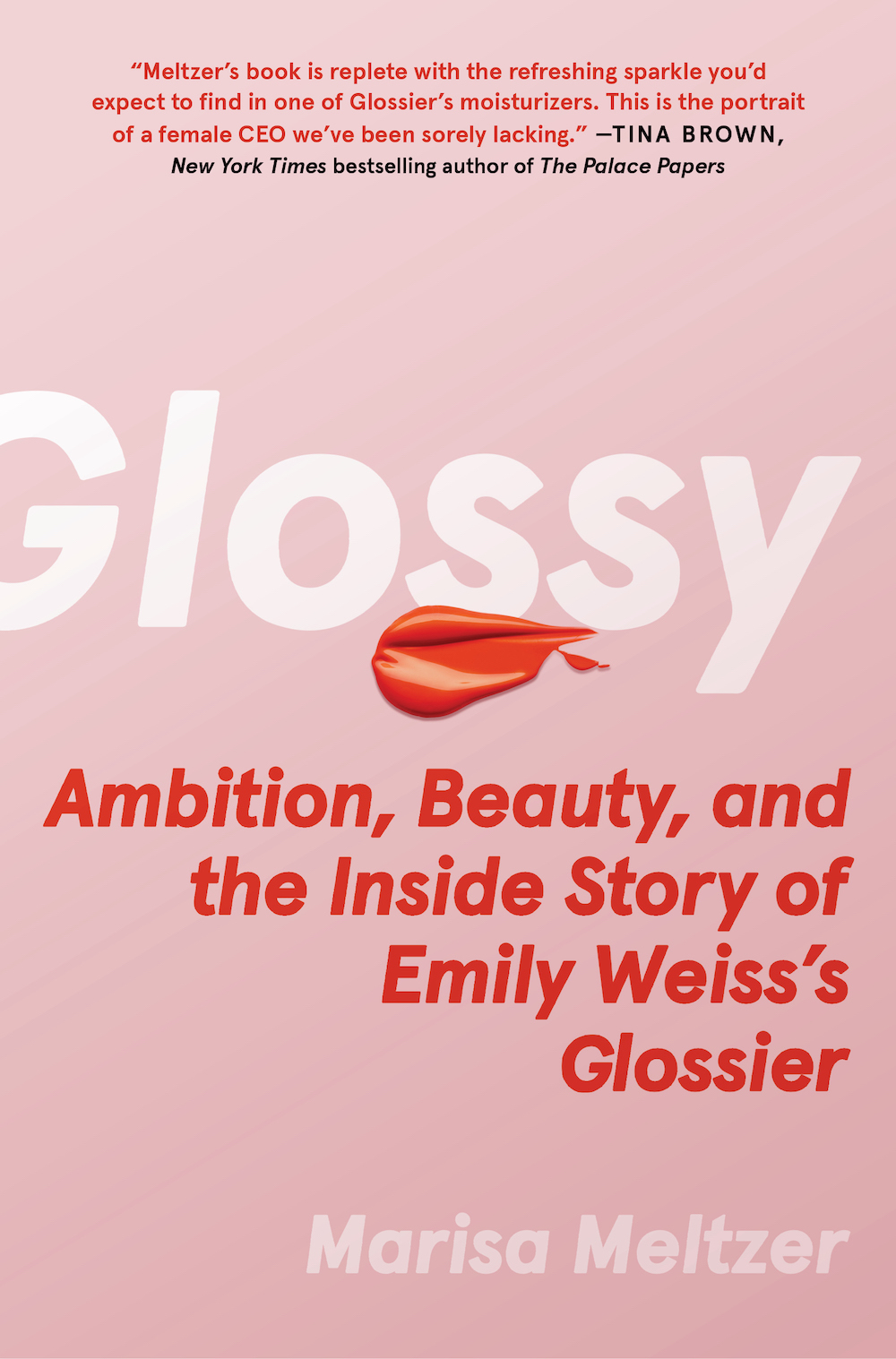
On the topic of CEOs, there have been a number of beauty brand founders who have stepped down as CEOs recently. Do you have an opinion on that?
It’s really a different skillset to be someone who can build a brand, come up with the brilliant ideas behind something and have that fresh entrepreneurial spirit than it is to be a CEO who guides, nurtures and scales a brand. If you look at beauty companies, but also fashion companies, it is pretty rare that the founders stay on. I guess you have a little bit of a reverse with Goop where Gwyneth Paltrow founded it and had another CEO and now she is the CEO, but that was a slow and gradual choice.
I don’t think that there is an inherent defeat in a founder stepping down as CEO, but I do think that there’s often a story behind it, and it’s important to take away the lessons there. Is it that maybe you could have stayed on if you had grown the company at your own pace? Are you beholden to venture capital or your investors in a way that you wouldn’t be if you had maybe bootstrapped a little bit more? Also, is that what you want?
Wanting to be a founder and wanting to be a CEO can be two very different desires. I think it’s hard to separate the glory and the ego from what your skillset might best be suited for, but it’s probably important to do.
With “Glossy,” your aim was to create a balanced view of Weiss. Was that difficult to do?
I think that it was refusing to simplify her or her story. So, when she was called a girlboss, to really think about, was that demeaning? But also did that benefit her? And when she is being emotional to me or to someone who I’m interviewing, thinking about, OK, she’s someone who took theater in high school, she probably is quick to show emotion, but also what does it mean to be someone that cries in an interview? And is there a power dynamic at play? Always questioning, in an appropriate way, what are all the angles?
I am someone who’s reported on the brand for a long time. If it didn’t interest me or if I was a pure fan or someone who didn’t like it, I wouldn’t be writing the book. I tried to approach it with as much analysis as I could, including her and everyone in the book. And also approaching it truly as a journalist where things are based on facts. It could be verified information, interviews, public talks, podcasts and TV appearances to draw upon. These weren’t just all of my own opinions.
In the book you pose the question, is Weiss a business genius or a well-connected rich girl? What’s your answer to that?
I still go back and forth. I do think that she is a really talented entrepreneur, and she’s someone who has remarkable ambition and came up with some really important and innovative practices with Glossier. I also think that it remains to be seen if she’s going to be one of those serial entrepreneurs where we see her come back in a slightly different sector to build something up again or if she’s going to go live a life that’s more similar to what she could have done if she hadn’t started Glossier, something that’s a little more influencer-tinged.
She seems to be spending a lot of time in Europe. She seems to be visiting a lot of art galleries and design studios. I think she will do something, but I’m curious what exactly that’s going to look like. I don’t think it will be another beauty brand.

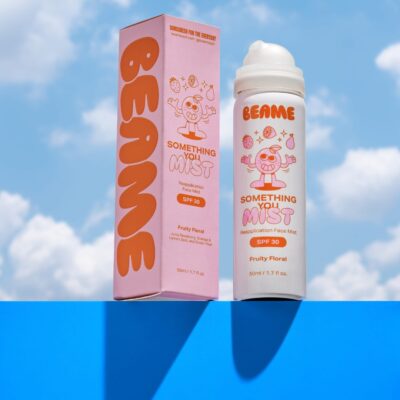
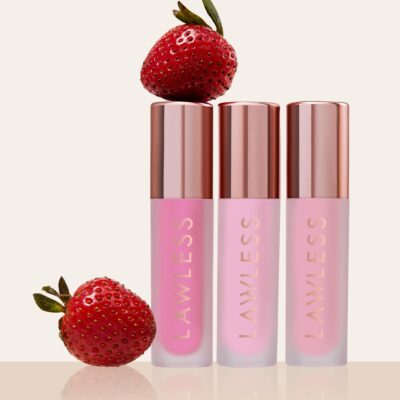
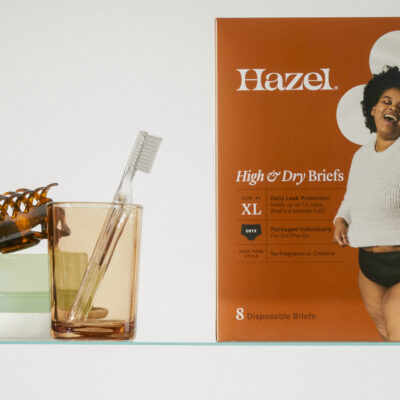
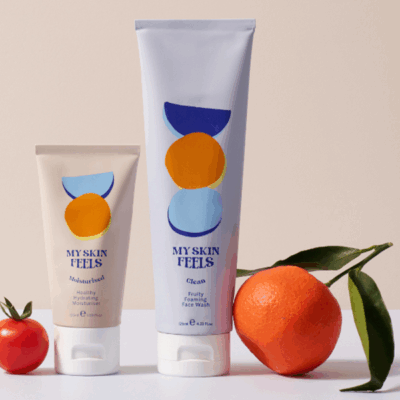
Leave a Reply
You must be logged in to post a comment.